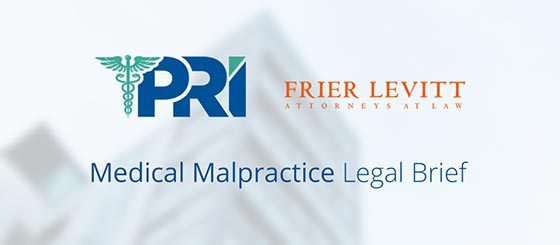Since 1992, every healthcare provider in the United States has been subject to the Americans Disability Act in two ways. The healthcare provider must comply with the federal law as both and employer and as a medical provider. It is important that “disability” be defined for purposes of this law. “The term ‘disability’ means, with respect to an individual, a physical or mental impairment that substantially limits one or more major life activities of such individual.” (42 USC § 12102)
To be considered a physically or mentally impaired under the ADA, it must significantly limit on or more major life activities. Such activities include walking, seeing, hearing, breathing, learning or speaking. Inability to participate in community activities also applies. As of January 1, 2009, the ADA Amendments Act significantly expanded the interpretation of what is a disability. The standard of what is considered a disability is the common-sense standard. This act even provides that a person is still protected as being disabled for terms of this law, even if they have a prosthetic that allows them to walk or a hearing aid that allows them to hear! “Reasonable accommodations” must be made for your patient or employee’s disabilities. More on this next week!
Larry Kobak, Esq.
Frier Levitt
